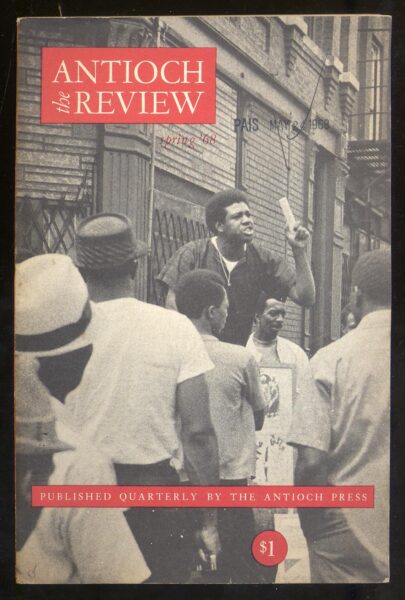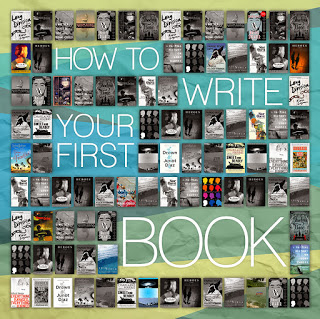Poems, short stories, articles, op-eds, novels.

Submitting poems, stories, articles and novels means they often wind up in an office filing cabinet for months. Or forever.
I started submitting poems to magazines while I was still a college student in the 60’s. I’d been writing poems for a couple of years when I decided to try my luck and send out a few to literary magazines. The stuff I was writing then was dashed off in a frenzy of ignorance and hubris. I’d read the Wasteland (T.S. Eliot’s masterpiece) and thought I could write something better. At least something that was understandable. I was a victim of the Dunning-Kruger effect:
Dunning-Kruger effect, in psychology, is a cognitive bias whereby people with limited knowledge or competence in a given intellectual or social domain greatly overestimate their own knowledge or competence in that domain relative to objective criteria or to the performance of their peers or of people in general.
In other words, I didn’t know what I didn’t know, so assumed no one else knew anything either.
Since I was infatuated with a young woman at the time, I wrote a lot of love poems to her. Naturally, the young woman in question thought they were all wonderful. Beyond that my poetic nourishment came from my membership in a small group of neophyte poets who met at a professor’s house once a week and drank beer and listened to each others’ attempts and gave our amateurish critiques. The professor was a poet, a fine one (Peter Meinke). His poems were funny, accessible, and often had a piercing wisdom. So naturally he was my model. I wanted to write poems that made people laugh. Jokes in verse, complete with punch lines. For instance, here’s one of mine from that bygone era called “Reign of Terror”
If they were pretty
or opened the door wide enough
he would unlatch his raincoat and let
it spring out.
His eyes pleading
as if he were a beggar and this a withered hand.
Five said, “Jesus Christ!”
Most shrieked and bolted.
One laughed.
One cried.
And the last one invited him inside.
When the officers arrived
he mewled and denied it all.
They took him in.
The star witnesses assembled
but since no one had noticed his face
they were all forced to study
five dangling suspects.
Still there was no positive identification
Certainly nothing that could stand up in court.
Okay, so I was sending poems like this out to magazines, three at a time with a folded self-addressed envelope inside the outer envelope so they could be returned to me when they were rejected. Back then I tried to do whatever I could to keep from having to type something over again on fresh paper (using all that White Out, etc.).
Miraculously, a couple of those early poems were accepted in small literary magazines with circulations in the double digits. But I was thrilled and galvanized and further convinced I was T.S. Eliot’s equal, if not better.
Even more miraculously, one of those early poems was accepted by Antioch Review, a major literary magazine at that time. And to make this episode even more incredible, shortly after the poem appeared in Antioch Review, I received a letter from the poetry editor of Harper and Row (its name at the time). She’d read my poem in Antioch and liked it so much she wanted to invite me to submit a manuscript for publication.
Peter Meinke, who had been surprised by the Antioch Review acceptance, was astonished by this letter from the poetry editor of a major publisher. Not I.
I wrote back to the editor and asked her how many poems she wanted. Between 40 and 50 was her answer.
I had less than a dozen at that moment. Despite my prolific output, I was just as prolific at wadding up and tossing poems that seemed stupid a week after I’d written them. But now, with a goal, and a major publisher waiting for my manuscript, I dashed off poem after poem until I had the magic number. I packed them up and sent them off.
A week or two later a letter arrived from the editor. I wish I’d saved that letter because it was such an eloquent and kind-hearted rejection. She said, in effect, “Well, I still like the poem in Antioch Review.”
It’s conventional wisdom that an average apprenticeship lasts ten years. It is frequently ten years between the day you dedicate yourself to mastering some craft and the day you can actually say you have enough competence in the things you do or the things you create that someone might be willing to pay money for it.
It was almost exactly ten years after that poem was published in Antioch Review that another of my poems was accepted in a journal of equal prestige. I got incredibly lucky with that first poem. I was a monkey at a typewriter and I just happened to type out the Star Spangled Banner. But to do that again and then again, I would actually have to learn some of the disciplines of my chosen craft. That ten years was humbling. I thought I was gifted. I thought I was the next T.S. Eliot. Only funnier.
Thus began my half-century career in publishing. In the following blog posts I’ll cover some of the highlights and the many low moments of that 50 years. Hope you come along for the ride.



